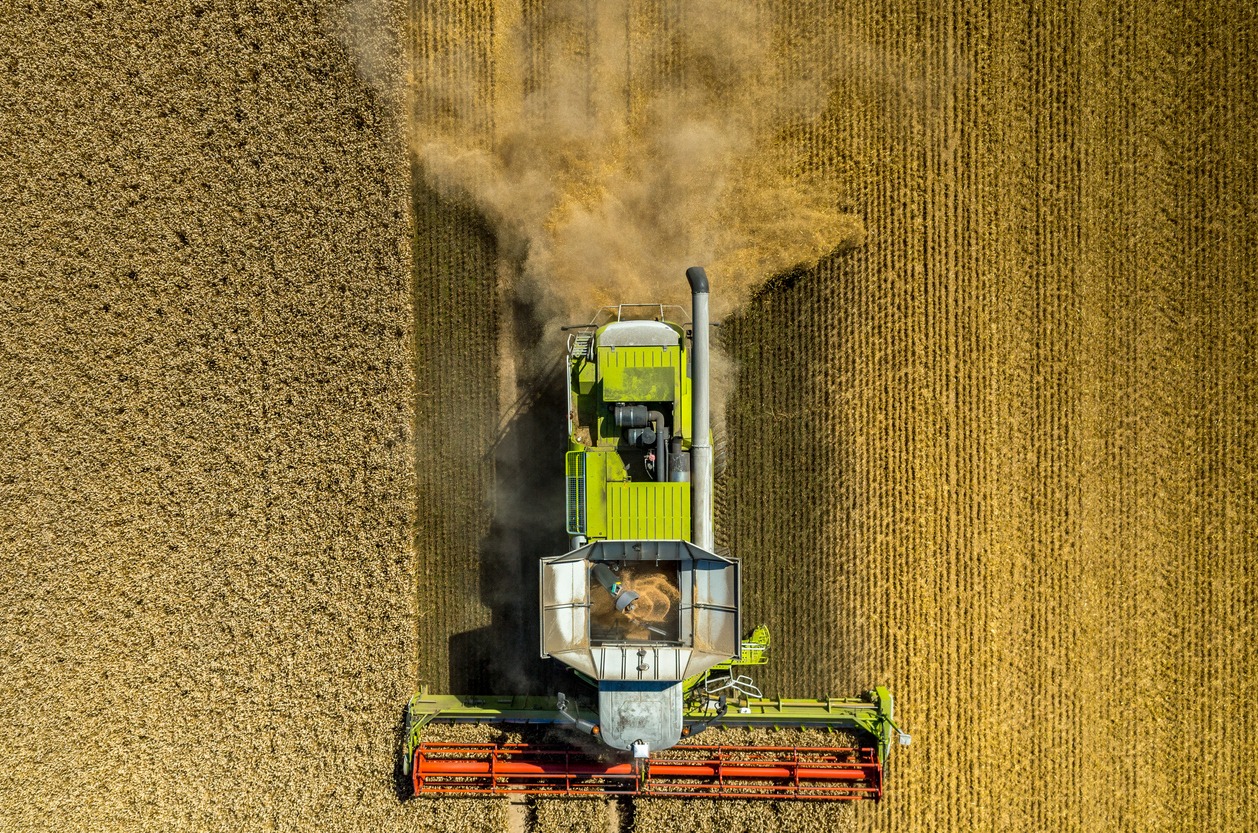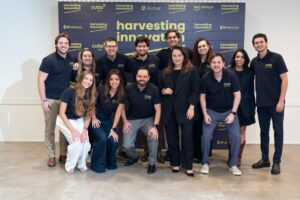Editor’s Note: Adam Anders in managing partner at Anterra Capital, the agtech venture capital firm. Here he writes about an interview he conducted with famed entrepreneur Tony Fadell.
Over the last few years, the agricultural sector has increasingly captured the attention of investors, with venture capital flows into food and ag tech increasing from $1 billion in 2013 to $17 billion in 2018, according to AgFunder.
Despite this massive capital influx, there is no Facebook or Uber of food and agriculture. The last near-unicorn exit was the sale of Climate Corp to Monsanto five years ago. This is partly because agriculture is a unique industry. It runs on a slower cycle than most others and is heavily restricted by external factors, such as crop cycles and weather patterns. There is a steep learning curve for market entrants, as well as a need for specific domain expertise.
At last year’s F&A Next conference, I talked to legendary entrepreneur and principal at Future Shape, Tony Fadell about why investors are being drawn to the sector, and why we need to unseat the giants of the agricultural industry to empower innovation to flourish.
Tony presented an abundance of interesting insights throughout the discussion, ultimately diving into how “Agtech is a collision of the old world and the new world. The sector is on the cusp of a wave of disruption as smaller innovative companies begin to unseat the industry giants, much like we saw in the tech world in the late 70’s and early 80’s.”
“The future of agriculture is going to be driven by the innovative small and midsize farmers. There are millions of family farms around the world and in countries with varying economic circumstances, which is why it is paramount for start-ups to think regional from the onset and to build products accordingly- designing differently for different areas around the world. By investing in these up-and-coming businesses, we can empower farmers with the tools to democratize the sector and drive real disruption and change.”
Here are the key takeaways from our discussion.
The old world vs the new world
Agriculture today is a collision of the old-world with the tech world. On the one hand, you have the industry giants who have consolidated vast amounts of the market share. These businesses are also often slow to innovate. Then you have the smaller businesses who are using tech to shake up business models and processes.
The power at the moment is with the industry giants who control the market. As a result, things tend to move at a glacial pace. The innovations are largely happening below the surface in the smaller, more nimble companies.
Capital isn’t enough to drive innovation
While the recent influx of investment is helping to address some of the major challenges facing the industry, from supply chain inefficiencies, to the increasing strain on food supply due to population increase. Capital alone can’t drive innovation.
To unseat the industry incumbents and drive innovation, investors need to find the small-medium businesses offering a disruptive technology, with a disruptive go-to-market. As investors are drawn to the industry in increasing numbers, we will see more entrepreneurs being empowered with the tools and leverage to really disrupt the industry.
Agriculture’s Silicon Valley moment
The future of agriculture is democratisation. We need to identify the small and midsize farmers who are coming up with exciting ideas, and enable them to scale up. There is a parallel to be drawn between agriculture today and Silicon Valley in the late 70s and early 80s. Back then, you had the mainframe businesses, and then the smaller upcoming players, like Microsoft and Apple. And in agriculture, as happened in tech, things are about to flip.
As ever, the technology industry is continually evolving and agtech is no exception – it’s hard to know exactly which innovations are on the horizon. What is certain is that agriculture and food technology is proving to be an incredibly impactful incursion of technology into a traditional industry so far.
So where should we invest?
Tony is a believer in the entrepreneur-led, tech-driven change that is about to hit the agriculture sector. He has coached founders and invested in a series of agbiotech and digital startups in both developed and emerging markets. The sector is currently underestimating the impact of the exponential growth that is already occurring in previously niche sectors, like cannabis, let alone the impact that one small but strong idea can have on an entire sector, bringing to mind Tony’s role inventing the iPod, leading the iPhone project and then founding Nest. Investors and agriculture incumbents should watch this space.
Anders and other high profile agrifood tech people will be speaking and attending F&A Next on May 15-16 at Wageningen University. Book your ticket today!





